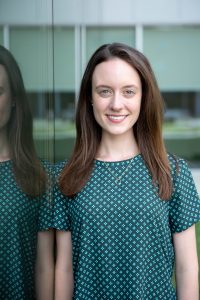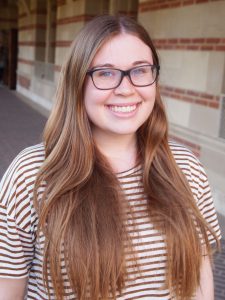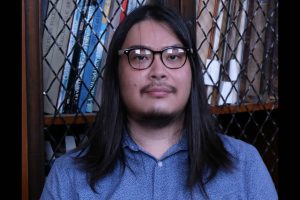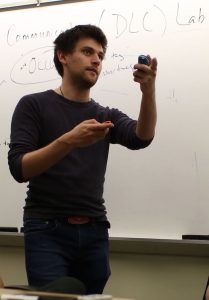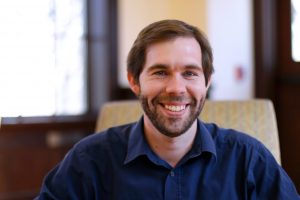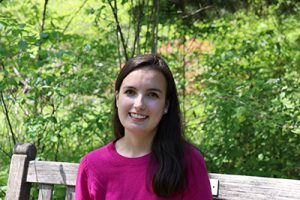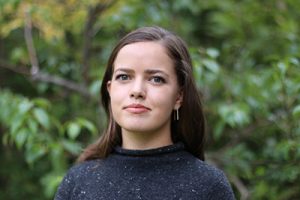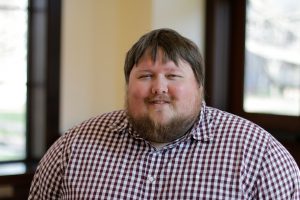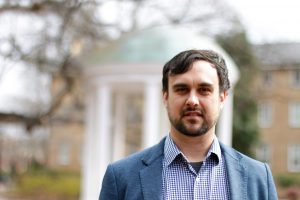Kyle Cunningham
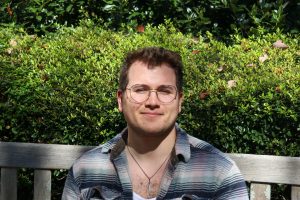
Degrees
2018, BA English, University of Florida
Bio
Kyle Cunningham is a doctoral student at UNC Chapel Hill. His research focuses on the production and circulation of narrative, ideology, and meaning through the digital technologies and platforms that facilitate (and condition) communication today. He is particularly interested in how specific “genres” of online content cluster together and provide important sites of agency wherein individuals and communities both re-envision and reproduce culture.
Curriculum Vitae / Resume
Research Interests
Aesthetics | Contemporary American Literature | Creative Writing | Critical Theory and Cultural Studies | Digital Humanities | Digital Rhetorics | Feminist Theory And Gender & Sexuality Studies | Film and Media Studies | Genre Theory | Media Studies | Narrative Theory | Philosophy Of Language | Visual Culture and Arts


